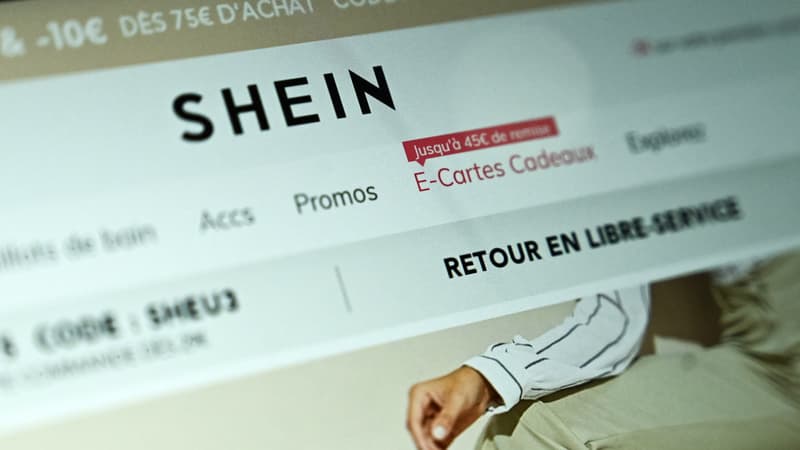The Chinese “fast fashion” giant SheIn offers on its site “470,000 models available in real time”, “astronomical” volumes and without common measure with traditional brands, with “disastrous” environmental and social impacts, according to an analysis of the NGO Friends of the Earth in a report published on Thursday.
The association analyzed daily during the month of May the “new garments marketed” by SheIn and deduced that more than 7,200 new models were added on average per day and this, up to 10,800, with an average life on site of 65 days.
During the same period, H&M offered 25,000, notes the NGO, or 19 times less than the Chinese company. SheIn’s figure of 470,000 models available per day is even 900 times higher than that of a classic French brand.
A million clothes a day
The brand claimed in May to be an “on-demand” manufacturer, “capable of measuring (it) very finely”, which makes it possible to “drastically” reduce unsold products and therefore the production of waste, according to Peter Pernot-Day, chief strategy and public affairs, in an interview with AFP.
This theory is supported if “the number of models added each day (is not) so disproportionate,” counter-argued Les Amis de la Terre, who has estimated SheIn’s production at one million garments per day, the equivalent of between 15,000 and 20,000 tons of CO2. issued.
“It is necessary to address the system of overproduction itself, limiting the volumes of products offered for sale”, in coherence with the objectives of the Paris Agreement, recommends Les Amis de la Terre.
Founded in 2012 in China and headquartered in Singapore, SheIn quickly conquered the global “fast fashion” market, based on rapidly renewing collections at rock-bottom prices, and only sells online, targeting a young clientele who drink in the streets. social networks.
Accused of forced labor, incitement to excessive consumption, pointed out for the environmental impact of its products and lack of transparency about its production, the brand has provoked the ire of environmental and human rights defenders.
Source: BFM TV


